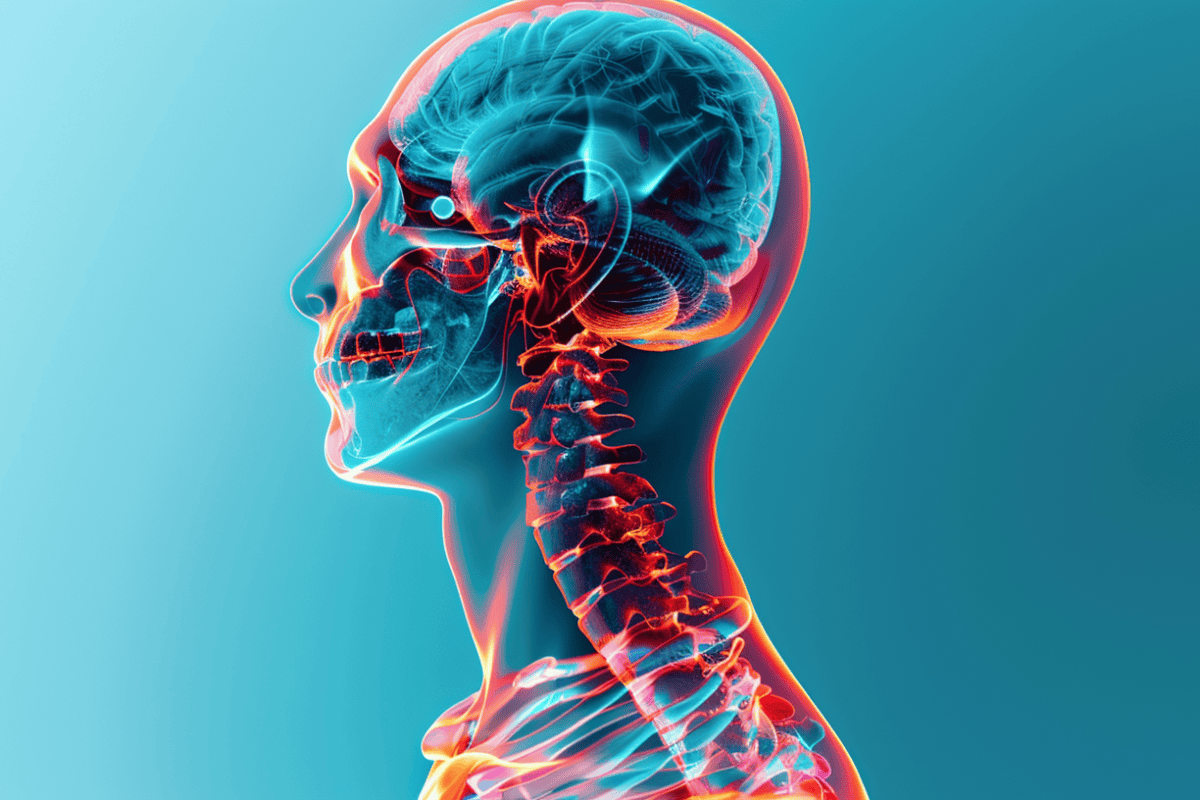The rapid advancement of technology is driving change in almost every major industry, including healthcare. The integration of technology into healthcare has revolutionized the field, providing patients with access to cutting-edge treatments and minimally invasive procedures that result in less pain and a faster recovery.
The COVID-19 pandemic, although now behind us, has left an indelible mark on the healthcare industry, among others. It has underscored the pivotal role of technology in healthcare, with tools like remote consultations emerging as game-changers. These digital tools have not only improved patient care but also enhanced the overall healthcare experience.
With each facet of the healthcare industry being improved by technology, it’s well worth exploring the topic in-depth. Here’s a list of a few technologies that have greatly impacted the healthcare industry.
Cloud Technology
In today’s evolving healthcare industry, the need for secure and convenient access to services is of utmost importance. As the industry progresses, it is crucial to enhance patient experiences, increase member engagement, and effectively manage healthcare data on a large scale, all while complying with extensive regulations and mandates. Consequently, healthcare organizations are shifting their operations to the cloud to meet these demands.
However, different healthcare organizations have different needs, so service providers cater to these needs with a range of customizable solutions. Healthcare organizations can manage data, keep track of patient records, facilitate secure communication, and even integrate telemedicine capabilities, all under one roof.
To ensure that client data is safe and secure, these organizations turn to solutions that prioritize security. This is a critical aspect in the healthcare industry, given the sensitive nature of the data involved. From employing encryption techniques to implementing stringent access controls, healthcare cloud security solutions ensure that patient information is well-protected and only those with access can view what’s stored on the cloud.
In fact, even the largest healthcare companies are implementing these security solutions. Platforms that offer cloud identity solutions for healthcare enterprises enable them to safely transition to the cloud and enjoy a more efficient, streamlined, and safer way of operating.
Information and Communication Technology (ICT)
Information and communication technology (ICT) has brought about a revolution in the healthcare sector, particularly in the way healthcare providers and patients communicate and interact. The popularity of telehealth skyrocketed post-pandemic and more than 83% of US adults stated that they are willing to continue using virtual care. This shift is not limited to just emails and telemedicine but extends to a wide array of digital platforms and technologies.
For instance, telemedicine has made healthcare more accessible than ever before. It allows patients to consult with healthcare professionals from the comfort of their homes, eliminating geographical barriers and making healthcare more inclusive. This is especially important for patients living in remote areas or those with mobility issues.
Smartphones and mobile health apps have also played a significant role in this revolution. They have made it possible for patients to track their health metrics, schedule appointments, access health records, and even receive personalized health advice at their fingertips. This has empowered patients to take charge of their health and wellness.
Telemonitoring systems, on the other hand, have transformed the way chronic diseases and conditions are managed. These systems allow healthcare providers to monitor patients’ health parameters remotely, enabling timely intervention and reducing the need for hospital visits. This not only improves the quality of care but also enhances patient satisfaction and outcomes.
Moreover, ICT has also improved the internal functioning of the healthcare industry. It has streamlined administrative processes, improved data management, facilitated collaboration among healthcare professionals, and made patient care more efficient and effective.
Advanced Tools for Patient Care
Technology has also significantly improved the tools available for patient care. For instance, electronic health records (EHRs) streamline the sharing of crucial medical data, aiding in informed decision-making and error prevention.
Virtual reality (VR) and augmented reality (AR) devices are being utilized for everything, from medical training and assisting in complex surgeries to providing a realistic, immersive environment for better understanding and treatment planning. As technology continues to advance into the future, it’s exciting to ponder the potential technological innovations that could further enhance our quality of life.
The Significance of Artificial Intelligence in Patient Care and Management
Artificial intelligence (AI) is another technological advancement that is making significant strides in healthcare. AI algorithms can analyze vast amounts of data to identify patterns and make predictions, aiding in early disease detection and personalized treatment plans. For instance, machine learning models can analyze medical imaging to detect anomalies that the human eye might miss.
Furthermore, AI-powered chatbots and virtual assistants are providing round-the-clock patient support, answering queries, and even reminding patients to take their medication. As AI technology continues to evolve, it holds the potential to revolutionize patient care, making healthcare more efficient, accurate, and personalized.
Conclusion
The intersection of technology and healthcare has brought about a transformative shift in the way patient care is delivered and managed. From the integration of cloud technology and ICT to the use of advanced tools like VR, AR, and AI, technology has significantly enhanced the efficiency, accessibility, and quality of healthcare services. And most importantly, the journey of technology in healthcare is an ongoing one, and it’s clear that its impact will continue to be profound and far-reaching.
This is a sponsored post
Digital Health Buzz!
Digital Health Buzz! aims to be the destination of choice when it comes to what’s happening in the digital health world. We are not about news and views, but informative articles and thoughts to apply in your business.


